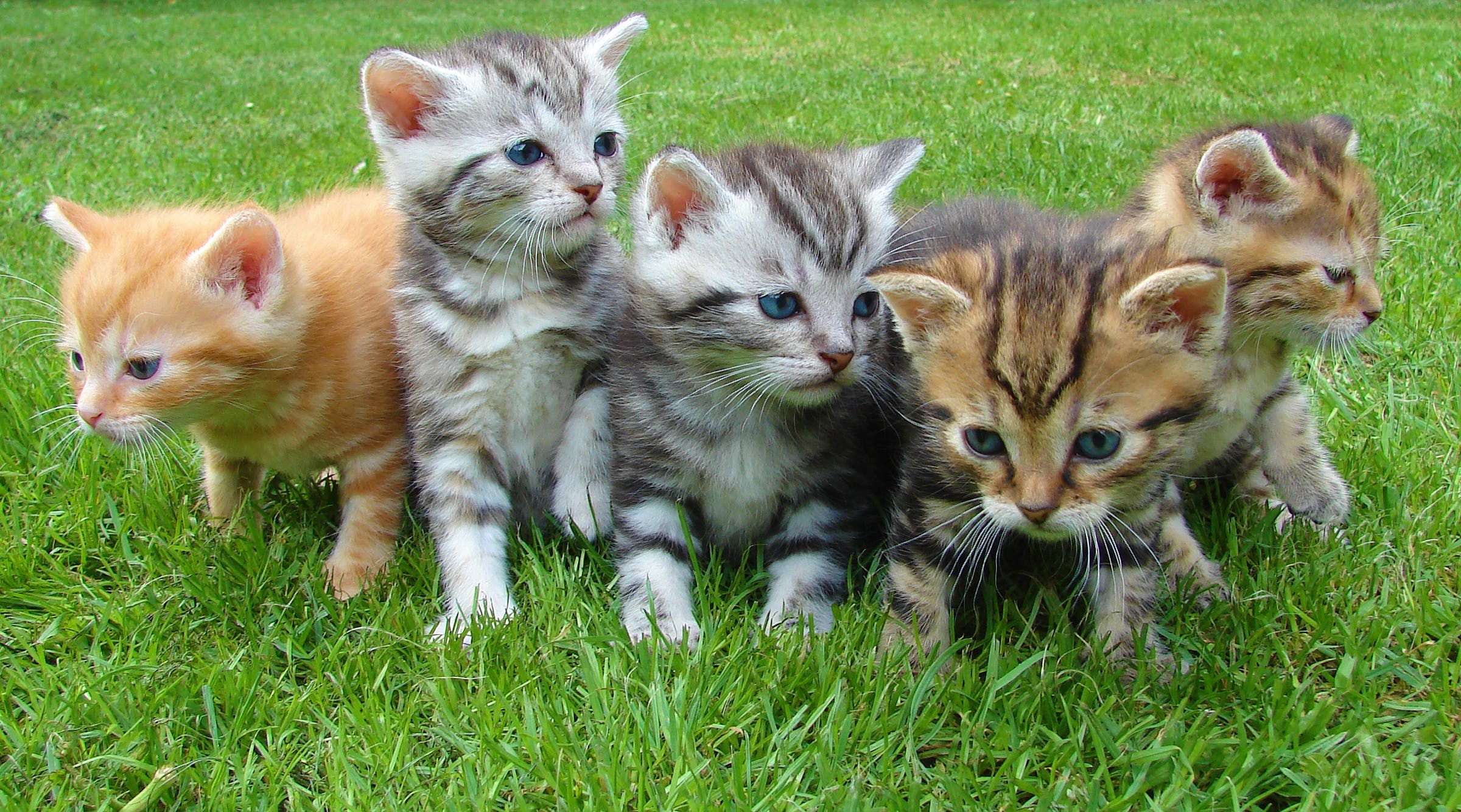
Living with disability can come with its own unique stresses, which is why practices that maintain mental health should never be neglected.
Raising pets is one of the better practices in that regard, provided the pet in question isn’t too difficult to care for.
Below are some suggestions of great pets for PWDs. Keep in mind that most of these suggestions aren’t recommended as service animals, but as bona fide pets.
Freshwater Fish
Unlike saltwater fish, freshwater fish are much easier to care for due to their hardier nature.
If there are environmental issues with your aquarium, freshwater fish are much likelier to be unaffected compared to the more fragile saltwater fish.
Not only are they low-maintenance, they are also comparatively inexpensive. A good freshwater fish to have as a pet is the Siamese fighting fish.
It’s a gorgeous species, relatively easy to care for, though regularly changing their water is recommended to prolong their lifespan.
With assistive water changing tools, this process should be relatively easy for those with physical disabilities.
Small Rodents
Many rodents, such as hamsters and gerbils, are great with kids and relatively easy to raise.
In most cases, all you’d need is a well-ventilated cage, pet furniture like a hamster wheel, bedding and a supply of relatively affordable pet food.
Interestingly, studies have shown that guinea pigs in particular have a calming effect on children with special needs, specifically autism.
As a result, these pets can help individuals become less prone to anxiety, as well as more interactive and sociable.
Sociable Birds
Parrots are arguably among the best sociable birds to have as pets. Their ability to imitate sounds can be very entertaining and calming, which in turn can do wonders to reduce stress associated with living with disability.
Parakeets and canaries are also great pets since they’re also highly sociable. Canaries in particular are known for their melodious, song-like chirping, which in itself is calming.
That said, sociable birds like parrots may be a bit harder to care for than other pets. Some, like parrots, can be rather destructive if not properly trained, so do take note!
Cats
As highly independent animals, most breeds of cat don’t require excessive care. Cats can also be trained to act as emotional support animals for those with physical disabilities or mental health concerns.
But the best part is that they’re very cuddly. Contrary to popular belief, plenty of cats are actually very affectionate, so they’re fantastic pets to have overall.
Even if most of the pets mentioned are relatively low-maintenance, one would still need to care for them properly to truly see the benefits of having one.
Proper research and a nurturing mind are essential to ensure you’re getting a pet that fulfills your unique needs and circumstances.
References
Flux (2023) 7 BEST PETS FOR THE DISABLED COMMUNITY [Accessed 29 October 2023] Available at: https://travelwheelchair.net/blogs/blog/7-best-pets-for-the-disabled-community
Katarina Avendano (2022) 10 Low-Maintenance Pets That Can Be Easy to Care For [Accessed 29 October 2023] Available at: https://www.goodhousekeeping.com/life/pets/g38972600/low-maintenance-pets/